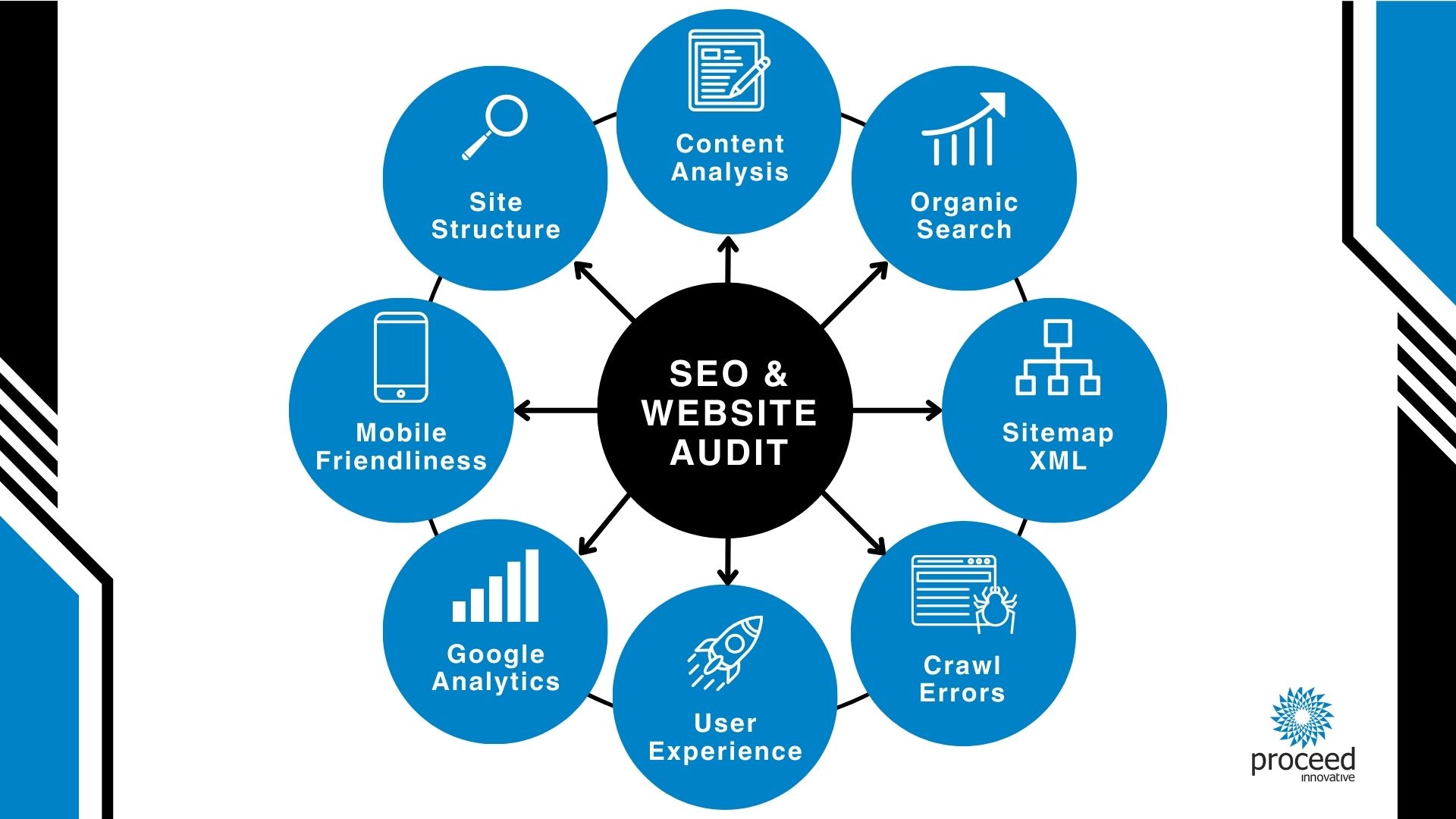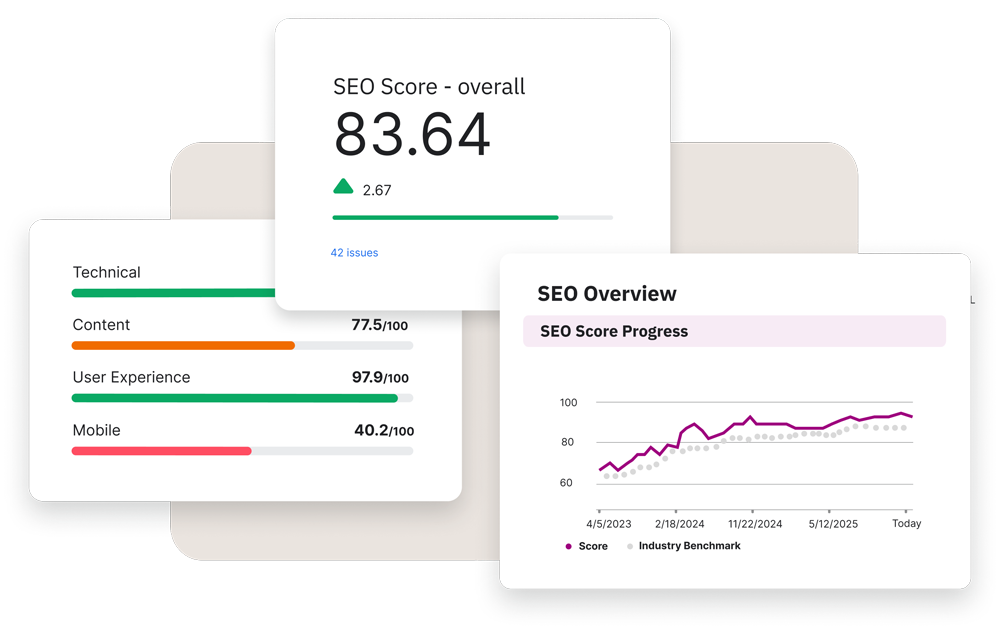Hands-on projects that apply online marketing theories to real-world campaigns typically involve executing and analyzing digital marketing strategies such as SEO audits, social media campaigns, paid advertising, and customer satisfaction studies. These projects bridge the gap between theoretical knowledge and practical skills by allowing learners to work on live campaigns, optimize marketing efforts, and measure outcomes using real data.
Key examples of such projects include:
-
SEO Audit and Optimization: Conducting a detailed SEO analysis of a website to improve its search engine ranking by applying keyword research, content optimization, and technical SEO principles.
-
Social Media Marketing Campaigns: Designing and running campaigns on platforms like Facebook, Instagram, or YouTube, including content creation, paid ads, and audience engagement tracking. This often involves applying theories like consumer behavior and segmentation.
-
Return on Investment (ROI) Analysis: Measuring the effectiveness of digital marketing strategies by calculating ROI, internal rate of return, or net present value to understand financial impact.
-
Customer Satisfaction Surveys: Applying marketing theories to assess customer satisfaction and loyalty, which helps refine marketing strategies for better engagement and retention.
-
Remarketing and Retargeting Projects: Using tools like Google Ads Remarketing and Facebook Pixel to re-engage users who showed interest but did not convert, applying behavioral targeting theories.
-
Marketing Analytics and Campaign Optimization: Leveraging data analytics and machine learning to predict campaign outcomes, segment customers, and optimize marketing efforts for better results.
-
Real-Time Campaign Management: Running live campaigns, monitoring performance metrics, and adjusting strategies based on data insights to simulate real-world marketing environments.
These projects often incorporate marketing theories such as the 7Ps of Marketing Mix, SWOT analysis, Maslow’s Hierarchy of Needs, and consumer decision-making models to guide strategy development and execution.
By engaging in these hands-on projects, learners gain practical experience with digital marketing tools (Google Ads, Facebook Analytics, SEO tools), develop critical thinking, and build portfolios that demonstrate their ability to apply theory to practice effectively.
In summary, applying online marketing theories to real-world campaigns involves designing, executing, and analyzing digital marketing activities that reflect theoretical concepts in practice, enabling learners to understand the impact of their strategies and prepare for professional roles in digital marketing.





